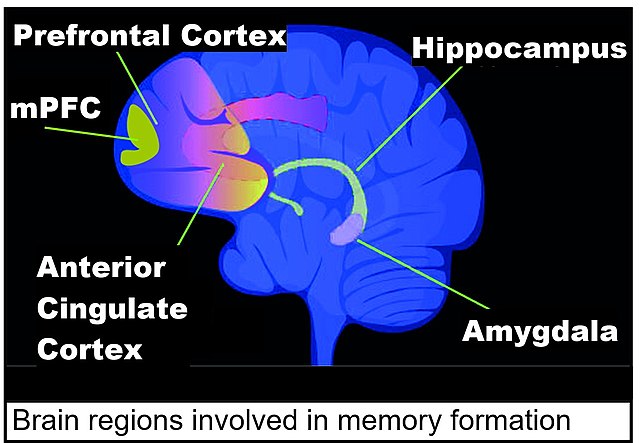Forgetting or disremembering is the apparent loss or modification of information already encoded and stored in an individual's short or long-term memory. It is a spontaneous or gradual process in which old memories are unable to be recalled from memory storage. Problems with remembering, learning and retaining new information are a few of the most common complaints of older adults.
Studies show that retention improves with increased rehearsal. This improvement occurs because rehearsal helps to transfer information into long-term memory.
Forgetting
Memory is the faculty of the mind by which data or information is encoded, stored, and retrieved when needed. It is the retention of information over time for the purpose of influencing future action. If past events could not be remembered, it would be impossible for language, relationships, or personal identity to develop. Memory loss is usually described as forgetfulness or amnesia.
Olin Levi Warner's 1896 illustration, Memory, now housed in the Thomas Jefferson Building at the Library of Congress in Washington, D.C.
The garden of oblivion, illustration by Ephraim Moses Lilien
Regulatory sequence in a promoter at a transcription start site with a paused RNA polymerase and a TOP2B-induced double-strand break
Brain regions involved in memory formation including medial prefrontal cortex (mPFC)




